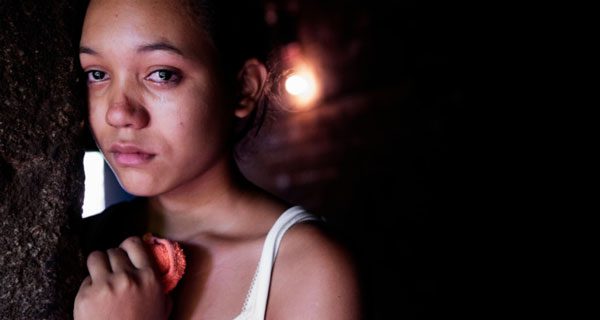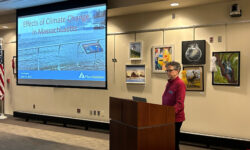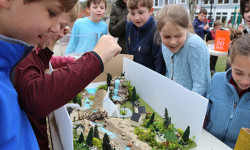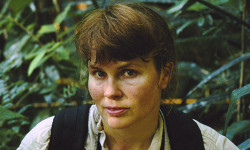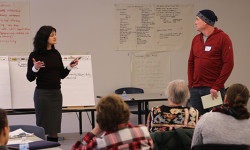[ccfic caption-text format="plaintext"]
By Laura Drinan
Hometown Weekly Reporter
Perhaps you might not recognize the name Ed Kashi, but if you’ve picked up an issue of National Geographic in the last two decades, you’ve likely seen his work. Kashi is a freelance, award-winning photojournalist and filmmaker, impassioned by the social and political issues upon which his work sheds light.
Kashi visited Needham’s One Wingate Way to present his photos and short films on January 18, providing the resident seniors with an intimate discussion about his work followed by a question-and-answer session and reception.
“Even if you’re not obsessed with photography or even care about photography and taking pictures, I think most of us in the room would agree that pictures do form an important part of our memory, especially with our family, our loved ones, and our friends,” said Kashi.
With smart phones and social media making it easier to take and share photos, Kashi explained that the field of photojournalism has never been more exciting than it is now.
While Kashi has covered popular stories, like the Syrian refugee crisis and climate change, he doesn’t aim to find the next top-trending story.
“One of the things that I am always looking for as a journalist are either underreported or under-covered stories, or finding a different twist or a different angle into a story that we think we may know a lot about.”
Kashi shared photos of the Protestant communities in Northern Ireland and a short film on the xenophobia Muslim women wearing hijabs face at Rutgers University.
“It’s this endless fascination and curiosity that I have with the world,” said Kashi, “and a lot of it is trying to connect the dots – at least in my own mind – to try to make sense of ‘How does the world work?’ or ‘Why do people think the way they do or believe in what they do?’”
That fascination and curiosity often leads Kashi to developing countries, like Nicaragua and India, to photograph the effects chronic kidney disease of undetermined causes (CKDu) has on the countries’ inhabitants. Kashi discussed that an alternative form of CKDu, which is believed to be occupationally and environmentally caused, has been the cause of thousand of deaths.
“The idea behind doing advocacy work is, not only to raise awareness on an issue, but to be part of positive change, and I think that’s something that, in general, the media and journalism needs to do more of.”
There has been little research conducted on CKDu, and Kashi hopes his photography will shed light on the disease and inspire doctors and scientists to discover more about it and find a cure.
Many of the seniors noticed how well Kashi captured facial expressions, as he often photographed close-ups of people expressing distress, grief, and discontentment. One audience member wondered why Kashi preferred stand just feet away from his subjects, instead of capturing a similar shot from a distance.
“I think there’s this fallacy that if you have a longer lens, which means you can be farther away but be closer in, that’s not intimacy,” he said. “Intimacy is not just physical distance and how big a subject is in your frame, it’s a feeling, like in human interaction.”
No matter his method of obtaining the photos – whether it be up close and personal or zoomed in from a distance – Kashi hopes to convey one thing through his photos: information.
“Even if I disagree politically, ethically, morally with people, they’re still human beings, and I feel if I can come to understand what are their motivations, you know, that maybe my work can reflect and impart more understanding, because that – to me – is what this is about,” said Kashi.
“It’s not about making judgments; it’s about offering information, so that people can become more educated and better understand some of the subtleties, especially in these very difficult issues that exist in the world.”




